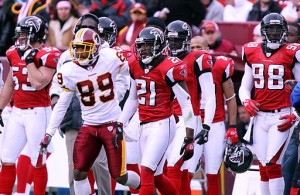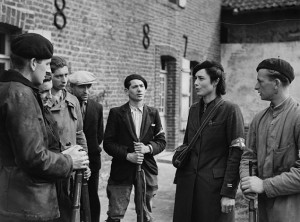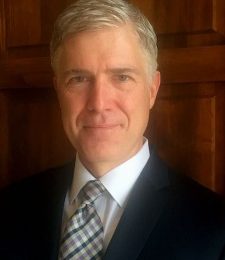A listener whose religious beliefs make him a political progressive asked NPR’s Danielle Kurtzleben why we always hear about the Christian right, but seldom hear about the Christian left. Read her answer, after the jump, and then consider the points I make.
From Danielle Kurtzleben, MAILBAG: Why Don’t We Hear More About The Christian Left? : NPR:
Both Tim Kaine and Mike Pence brought their faith into Tuesday night’s debate, emphasizing their religious beliefs and even quoting the Bible. Kaine is a devout Catholic; Pence grew up Catholic but is now an evangelical Christian, and together they are proof that Christian faith can drive the beliefs of voters across the political spectrum. So one of our listeners asked recently why the Christians of one party get so much more attention than the others:
“I’m a white 33-year-old voter and I vote based, in large part, on my Christian faith, which is precisely why I am a Democrat and a big-time Hillary-supporter. Many of my former seminary classmates and other religious folks I know also vote based on their faith and are therefore Democrats. Are there any good numbers on the Christian left vote? We hear so much about the vote of the Christian right, but we rarely hear about the Christian left, with the exception of occasionally hearing about the religious dimensions of the black vote. How do religious voters of all traditions tend to factor on the left?” — Shea, from Virginia
Shea is right that the Christian right gets a lot of attention — though this year, it may not be attention that conservative Christians are excited about. Plenty of people are wondering about the future of the Christian right, given both the shrinking population of white Christians and a Republican candidate whose words, policies and life choices leave some Christians uneasy.
So where is the Christian left in this discussion?
Liberal Christians have long championed the cause of Christianity becoming enmeshed involved in politics. The Christian right is a recent phenomenon, but the Christian left has been doing this since the Social Gospel of the 19th century, through the New Deal, the Civil Rights movement, and through the radicalism of the 1960s.
Mainline liberal Protestantism used to have a big influence in American politics. The problem is, mainline churches have been shrinking in both numbers and impact. NPR says that the influence of the Christian right is waning because there are fewer white evangelicals, but that allegedly waning group is not waning nearly as much as white liberal Protestants.
For over a century, Liberal theology in America has been rejecting the salvation of souls for the Kingdom of Heaven in the name of trying to establish the Kingdom of Heaven on earth by progressive political activism. Conventions of mainline churches are pre-occupied with voting on resolutions that give decrees on social and political issues, with little attention to theological matters.
Ironically, this has made them religiously irrelevant. Those who need a religion find mostly politics in mainline denominations, so they turn to a church that will still teach them about Christ, the Bible, and salvation.
The Christian left still exists, though, and it might be positioned for a resurgence. Mainline liberal Protestants are fine with gay marriage and other LGBT issues. They believe in abortion and support all of the other canons of political correctness. Then again, when a church becomes indistinguishable from secular culture, it essentially disappears.
Conservative Christians need to heed the same lesson. Whether it’s conservative politics or liberal politics, such this-worldly concerns can easily supplant the transcendent message that a church has to offer.



